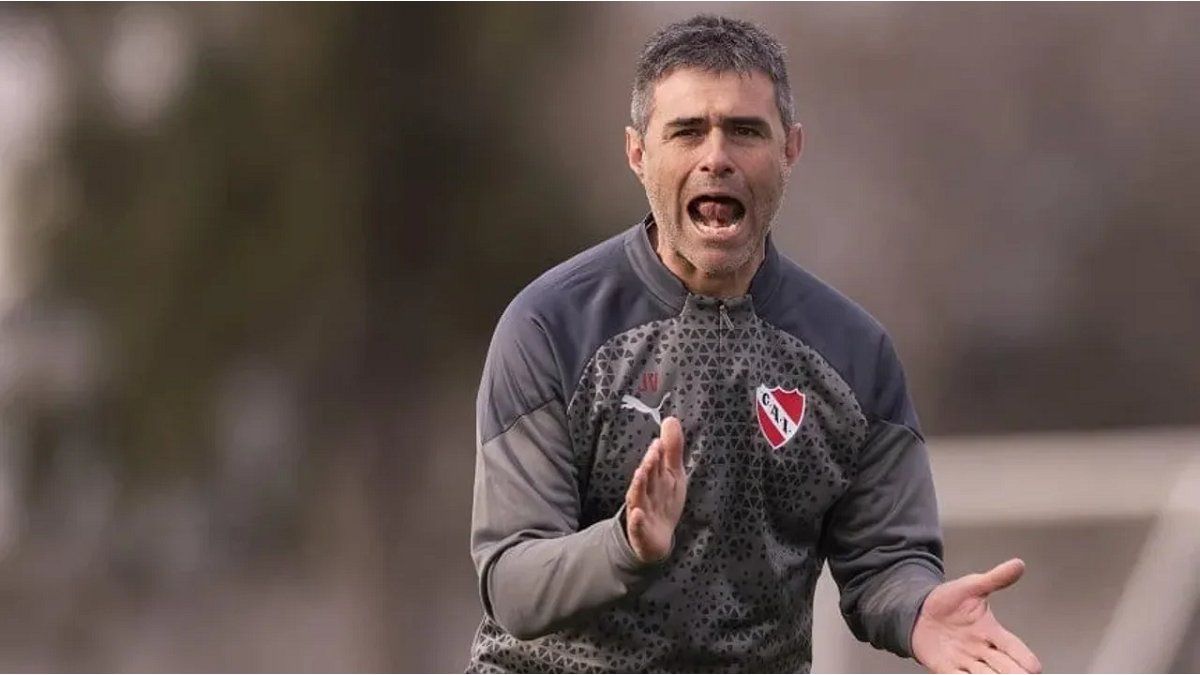“Paving is an art,” Manuel Schachner is firmly convinced of. Anyone who drives to a house has to think customer-oriented and take many things into account, “for example the color of the house, how heavily shaded the property is, whether there could be a problem with algae, whether you choose large or small formats or whether there is a should give a pattern.” As a paver, according to Schachner, you can let off steam creatively, which is what makes the job so attractive for him: “We draw plans and 3D sketches for the customers so that they can better visualize the pavement.” Every project is unique, “and in the end you have created something, that’s a good feeling.”
Manuel Schachner, as the Timelkamer native has been called since his marriage a few weeks ago, completed an apprenticeship as a civil engineer at the Strabag construction group and in the course of this also came into contact with the paver profession. The knowledge, he says, is no longer available to many. According to figures from the Chamber of Commerce, 95 young people completed their apprenticeship as pavers in 2021 (69 in 2019 and 88 in 2020). A gratifying trend: girls are increasingly taking up the profession. If no girl completed this apprenticeship between 2012 and 2016, there were three in 2020 and five in the previous year.
What only a few know: in 2018, Unesco included the paver trade in the list of “intangible cultural heritage” in Austria.
After completing his apprenticeship, 31-year-old Manuel Schachner went to HTL and then did his master’s degree as a paver. In March of this year he set up his own company “Pflasterkönig” in Garsten: “The big advantage of paving over asphalt is that the joints remain open and the water can seep away,” says Schachner, who currently has no employees and has full order books: “At the moment, many customers are creating a pool, so borders are in great demand.” Paved terraces are also in high demand: A good paver can manage an average of 15 square meters a day, says Schachner, who emphasizes that he prefers to work with regional products: “Why should I use granite from China when it is also available in the Mühlviertel?”
“There must be incentives”
But the job doesn’t only have sunny sides: “The work is physically demanding, the packages you carry weigh up to 30 kilograms.” You have to be suitable for this, even if there are now devices that support you at work. The work is also dirty. Schachner sees companies as having an obligation to ensure that there are still enough people who take up the profession: “Free massages, which are good for your health, could be an incentive.”
Source: Nachrichten




